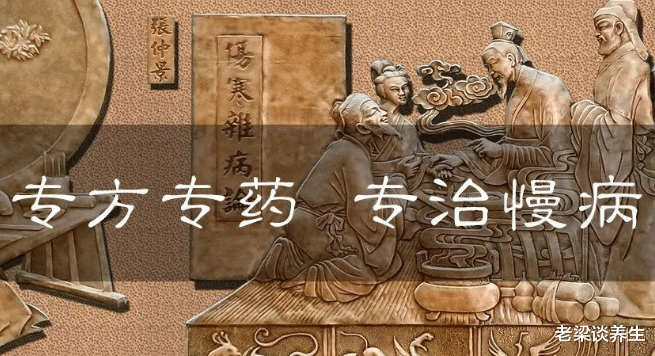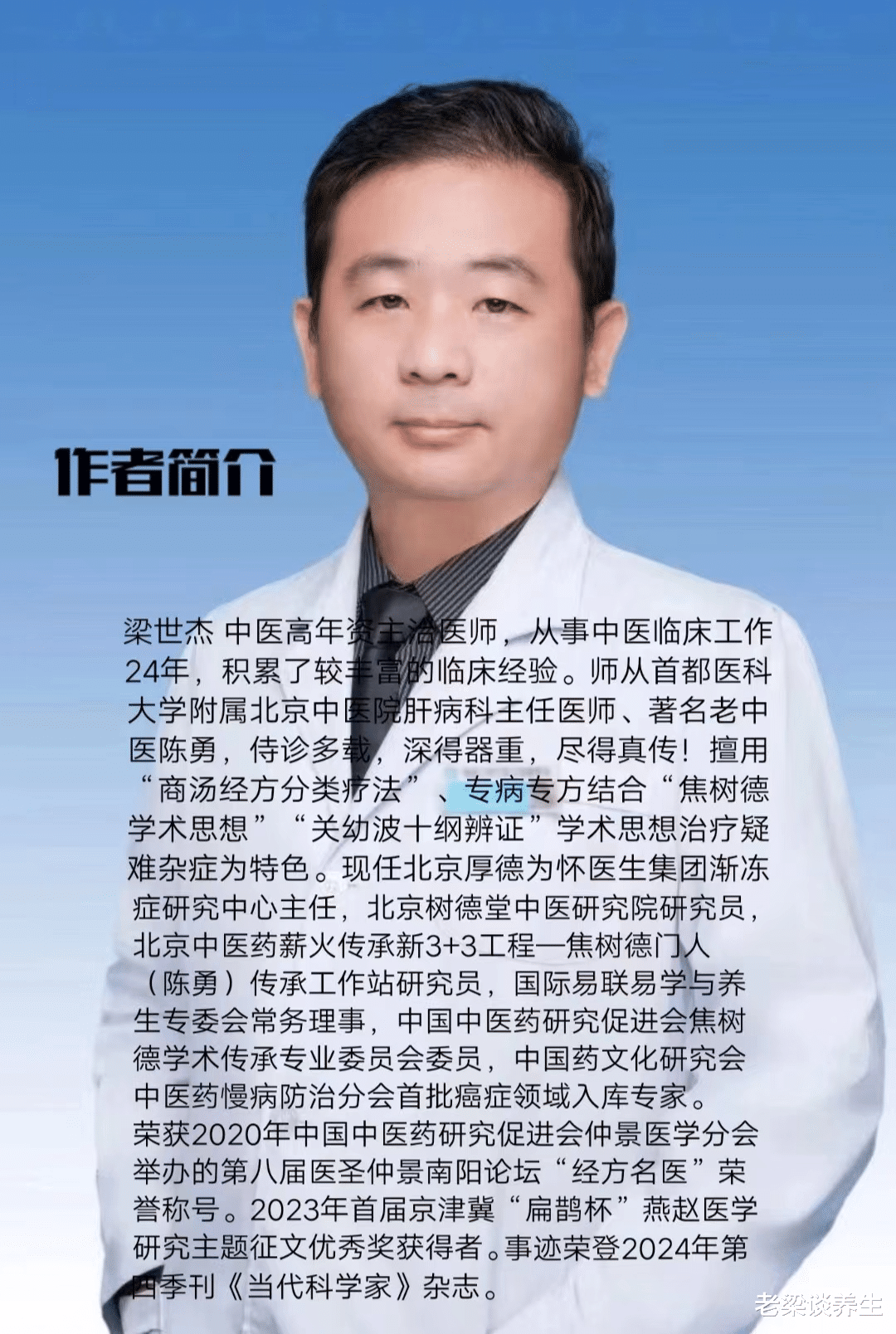在这个信息爆炸的时代,我们常常听到这样的话语:“我相信中医,但我还是选择西药。”这句话看似矛盾,却深刻地反映了当下社会对于传统医学与现代医学的认知冲突与选择困境。这不仅仅是个人的选择问题,更是对民族智慧、国家政策、以及中医从业者辛勤付出的极大无奈与讽刺。本文将深入探讨这一悖论背后的逻辑,揭示其本质,并通过生动的例子,展现中医的独特价值与西药选择的盲目性。

一、中医:民族智慧的瑰宝
中医,作为中华民族几千年来积累的宝贵医学遗产,不仅蕴含着深厚的文化底蕴,更在实践中证明了其独特的疗效与智慧。它强调“天人合一”,注重人体与自然环境的和谐共生,通过望、闻、问、切四诊合参,精准辨证施治。中医的草药、针灸、推拿等非侵入性疗法,以其温和、安全、全面的特点,深受广大人民群众的喜爱。
二、西药:现代科技的产物
西药,作为现代医学的代表,以其快速、高效的特点,在急性病治疗、细菌感染等方面展现了显著优势。现代药理学、化学、生物技术等高科技手段的应用,使得西药能够针对特定病原体或病理过程进行精准打击,迅速缓解症状。然而,西药的副作用、耐药性等问题也日益凸显,长期依赖西药治疗往往伴随着健康风险。

三、悖论的产生:信仰与现实的碰撞
当“我相信中医”的信仰遭遇“但我还是选择西药”的现实时,悖论便产生了。这种选择背后,既有对中医疗效的质疑,也有对西药快速解决问题的盲目追求。事实上,许多人在选择西药时,往往忽视了疾病的根源与整体调理,仅仅满足于症状的暂时缓解。这种做法,无异于治标不治本,甚至可能导致病情反复发作,最终损害身体健康。
四、生动的例子:中医的智慧与西药的局限
以慢性疲劳综合征为例,这是一种现代医学难以明确诊断、治疗效果有限的疾病。许多患者辗转多家医院,尝试各种西药治疗,但症状依旧反复发作,生活质量大打折扣。然而,一些患者转而寻求中医治疗,通过中药调理、针灸、推拿等综合疗法,不仅症状得到显著改善,整体健康状况也有所提升。这充分证明了中医在慢性病治疗方面的独特优势。

五、反思与呼吁
面对“我相信中医,但我还是选择西药”的悖论,我们应深刻反思。中医作为中华民族的瑰宝,其智慧与价值不应被忽视或贬低。在健康问题上,我们应保持开放的心态,充分了解中医与西药各自的优缺点,根据自身情况做出明智的选择。同时,政府与社会各界也应加大对中医的支持与宣传力度,提升公众对中医的认知与信任度,让中医这一民族智慧在新时代焕发出更加璀璨的光芒。
总之,世界上最大的谎言与虚伪莫过于在内心深处相信中医的智慧与价值,却在行动上盲目追求西药的快速解决之道。让我们共同摒弃这种悖论,以理性的态度、开放的心态,迎接一个更加健康、和谐的美好未来。
作者简介:梁世杰 中医高年资主治医师,从事中医临床工作24年,积累了较丰富的临床经验。师从首都医科大学附属北京中医院肝病科主任医师、著名老中医陈勇,侍诊多载,深得器重,尽得真传!擅用“商汤经方分类疗法”、专病专方结合“焦树德学术思想”“关幼波十纲辨证”学术思想治疗疑难杂症为特色。现任北京厚德为怀医生集团渐冻症研究中心主任,北京树德堂中医研究院研究员,北京中医药薪火传承新3+3工程—焦树德门人(陈勇)传承工作站研究员,国际易联易学与养生专委会常务理事,中国中医药研究促进会焦树德学术传承专业委员会委员,中国药文化研究会中医药慢病防治分会首批癌症领域入库专家。荣获2020年中国中医药研究促进会仲景医学分会举办的第八届医圣仲景南阳论坛“经方名医”荣誉称号。2023年首届京津冀“扁鹊杯”燕赵医学研究主题征文优秀奖获得者。事迹荣登2024年第四季刊《当代科学家》杂志。

The World's Largest Lie and Hypocrisy: The Paradox of Traditional Chinese Medicine Belief and Western Medicine Choice
In this era of information explosion, we often hear such words: "I believe in Chinese medicine, but I still choose western medicine." This statement seems contradictory, but it deeply reflects the cognitive conflict and choice dilemmas of current society regarding traditional medicine and modern medicine. This is not just a matter of individual choice, but a great resignation and irony for national wisdom, national policies, and the hard work of traditional Chinese medicine practitioners. This article will delve into the logic behind this paradox, reveal its nature, and show the unique value of traditional Chinese medicine and the blindness of Western medicine choice through vivid examples.
I. Chinese medicine: a treasure of national wisdom
As the valuable medical heritage accumulated by the Chinese nation over thousands of years, traditional Chinese medicine not only contains deep cultural heritage, but also proves its unique efficacy and wisdom in practice. It emphasizes "harmony between nature and human beings," focuses on the harmonious coexistence of the human body and the natural environment, and accurately identifies and treats the symptoms through the four consultations of seeing, hearing, asking, and cutting. Non-invasive therapies such as herbal medicine, acupuncture, and massage are loved by the vast majority of the Chinese people for their gentle, safe, and comprehensive characteristics.
II. Western medicine: a product of modern technology
Western medicine, as the representative of modern medicine, has shown significant advantages in the treatment of acute diseases and bacterial infections with its rapid and efficient characteristics. With the application of modern pharmacology, chemistry, biotechnology and other high-tech means, western medicine can be targeted at specific causative agent or pathological process to carry out accurate attack, quickly relieve symptoms. However, the side effects and drug resistance of western medicine are becoming more and more serious.
III. The Creation of Paradox: The Collision of Faith and Reality
The paradox arises when the belief that "I believe in Chinese medicine" meets the reality that "but I still choose Western medicine." Behind this choice, there are both questions about the effectiveness of Chinese medicine and the blind pursuit of Western medicine to solve problems quickly. In fact, many people when choosing Western medicines often neglect the root cause of the disease and overall treatment, and are only satisfied with the temporary relief of symptoms. This practice is tantamount to treating the symptoms without treating the root cause, and may even lead to recurrence of the condition, ultimately damaging physical health.
IV. A vivid example: the wisdom of traditional Chinese medicine and the limitations of Western medicine
Take chronic fatigue syndrome, for example, a condition that is difficult to diagnose and has limited treatment effectiveness in modern medicine. Many patients went through multiple hospitals and tried various Western drugs for treatment, but the symptoms continued to recur, and the quality of life was greatly reduced. However, some patients instead seek TCM treatment, and through comprehensive therapies such as TCM acupuncture, acupuncture and massage, not only have symptoms improved significantly, but their overall health has also improved. This fully proves the unique advantages of traditional Chinese medicine in the treatment of chronic diseases.
V. Reflections and appeals
Faced with the paradox of "I believe in traditional Chinese medicine, but I still choose Western medicine," we should reflect deeply. As a treasure of the Chinese nation, traditional Chinese medicine should not be overlooked or devalued. In health issues, we should maintain an open mind, fully understand the advantages and disadvantages of traditional Chinese medicine and Western medicine, and make an informed choice according to our own conditions. At the same time, the government and all sectors of society should also step up support and publicity for traditional Chinese medicine, increase public awareness and trust in traditional Chinese Medicine, and let this national wisdom shine even brighter in the new era.
In short, there is no greater lie and hypocrisy in the world than believing deep in the wisdom and value of traditional Chinese medicine, but blindly pursuing the quick solution of Western medicine in action. Let us jointly abandon this paradox and embrace a better future of health and harmony with a rational attitude and an open mind.
Author Bio: Liang Shijie is a senior medical practitioner in traditional Chinese medicine. He has been engaged in traditional medicine clinical work for 24 years and has accumulated a wealth of clinical experience. Following Chen Yong, chief physician of liver disease at Beijing Traditional Medicine Hospital, affiliated with Capital Medical University, and renowned old Chinese medicine, he has been treated for many years and received great attention. He specializes in the treatment of difficult diseases using "conversational traditional therapy" and special treatments combined with the academic ideas of Jiao Shude and Guan Yubo's ten-level diagnosis.He is currently the director of the Center for Diffusion Research of Dr. Houde Wei Group in Beijing, a researcher at the Shude Tang Institute of Chinese Medicine, and a fellow at the new 3 + 3 project of traditional Chinese medicine flame inheritance in Beijing - a scholar at the inheritance work station of Jiao Shude's protégés (Chen Yong),He is a standing committee member of the International Expert Committee on E-learning and Health Care, a member of the Jiao Shude Academic Heritage Special Committee of the Chinese Association for the Advancement of Chinese Medicine Research, and the first cancer specialist to be included in the chapter of the Chinese Pharmaceutical Culture Research Association. Won the 2020 China Association for the Promotion of Traditional Chinese Medicine Zhongjing Medical Branch held the eighth session of the Medical Saint Zhongjing Nanyang Forum "Classic Prescription Famous Doctor" honorary title. The winner of the first Beijing-Tianjin-Hebei "Pingui Cup" Yanzhao Medical Research Essay Award in 2023. The story was featured in the fourth edition of Current Scientist in 2024.
